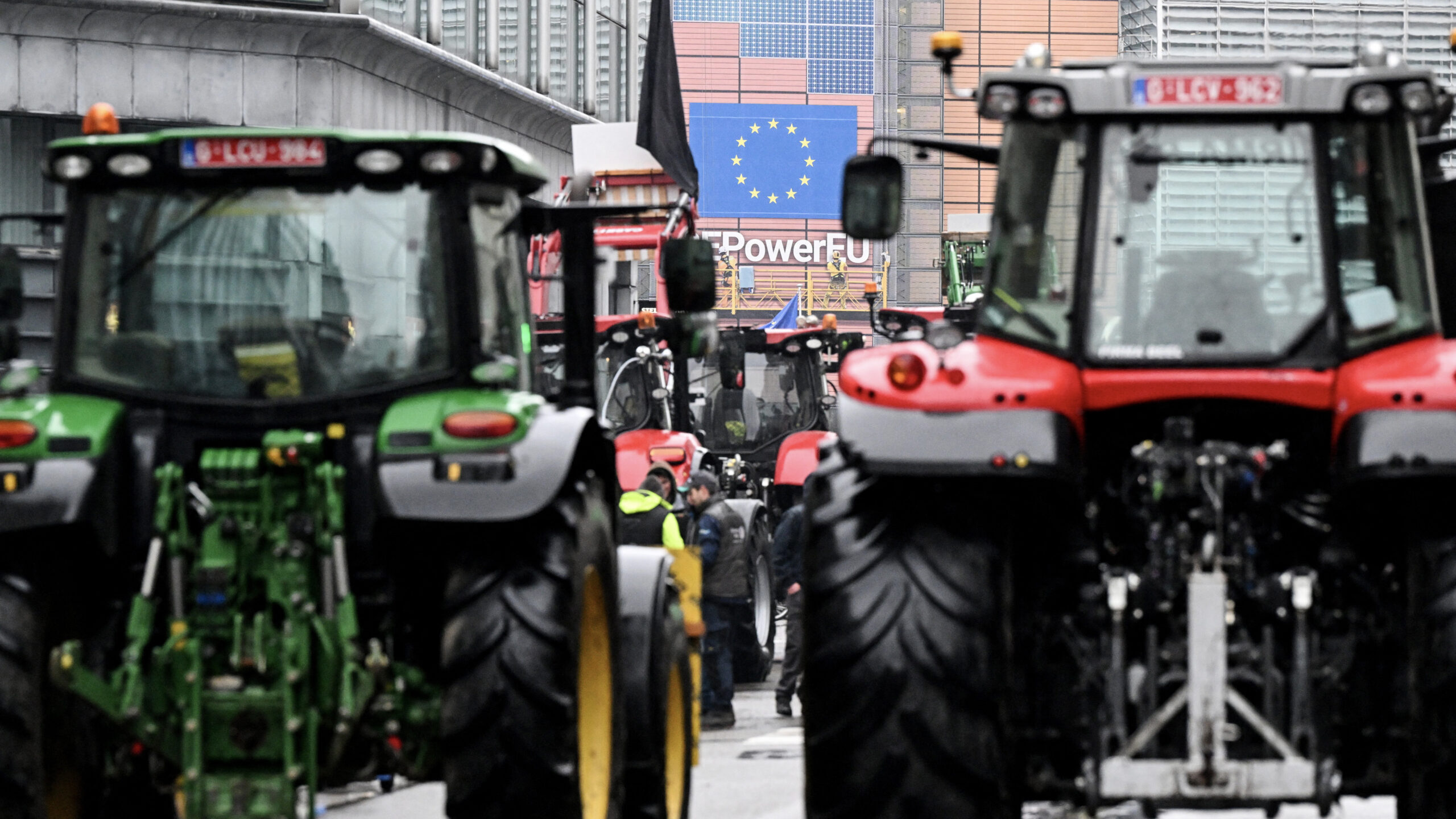
Editor’s note: what COP28 food and farming declaration?

The latest edition of our Sustainable Views newsletter
Dear reader,
“Agriculture and food systems must urgently adapt and transform to respond to the imperatives of climate change,” agreed governments at COP28. In a joint declaration, supported by big food and agricultural companies, they pledged to protect the environment, increase farmer incomes, make decisions based on science and evidence, and scale up public and private finance to deliver these aims.
Less than two months later, the EU is acting as if such a declaration never took place. In the face of protests, politicians are rolling back environmental norms and failing to demonstrate any real understanding of the wider problems facing the agriculture sector. Farmers and organisations working for change fear the result of today’s meeting of agriculture ministers in Brussels, where the roads are once again blocked by tractors, and the chaotic Salon de l’Agriculture in Paris will be more undoing of the green laws they understand are vital for the future of all farmers.
“Piecemeal solutions, like the shocking backtracking of the EU pesticides reduction law, won’t appease farmers and won’t help them,” Meghan Sapp tells me from her farm in Spain. Many farmers “know there is a better way”, but they need government support to change. The COP28 declaration was intended to “enable a farmer-led transition” with them “receiving enhanced support”, not to “drive division and distrust”, comments Edward Davey, a senior adviser at the World Resources Institute.
Given the lack of rapid public support, Sapp underlines a role for investors in helping “the transition to regenerative agriculture and supply chains”, and for supermarkets “in creating demand and space for these products that will create signals for farmers to increase production of this kind of food, which in turn will attract more investors”.
But “supermarkets are not playing ball”, Bénédicte Clermont, an organic dairy farmer from Brittany, tells me. She accuses the big retailers of increasing the margins on organic produce, while failing to pay farmers more for their produce, and of even reducing the space for organic products. Like other organic farmers in France, Clermont is angry at the decisions taken by Brussels and the French government to weaken green rules in the name of all farmers.
Instead, they want to be properly rewarded for their work. “The price of organic butter in French supermarkets has risen from €2 for 250g 18 months ago to €3,” says Clermont. Yet she is paid the same price for her milk. “If I were paid €100 more for every 1,000 litres of milk sold, the consumer would pay only 10 cents more for a litre of milk, but we would earn €35,000 to €45,000 more and be able to live better.”
EU policymakers must think “about solutions to the farming crisis that include examining trade measures and how to break up the evolving oligopolies of the food retailers, farm input providers and commodity processors”, says Simon Krämer, policy steward at the European Alliance for Regenerative Agriculture.
“Across Europe, a handful of big retailers have an all-powerful grip on the food market,” Krämer tells me. He cites the 1936 Robinson-Patman Act, a US federal law intended to prevent price discrimination, as a model the EU could follow to break up the big retailers and help offer farmers a better price for their products.”
“Policymakers are not agreeing measures to reduce market, regulatory or subsidy volatility,” says Krämer. “We need to think about how to structurally increase stability and well-being long term for all farmers.”
Away from protesting farmers, Claudia brings us a super interesting read about a Polish lawsuit that is putting board directors’ due diligence obligations in the spotlight and shares various similarities with the 2023 UK lawsuit against Shell’s board of directors.
Florence, meanwhile, suggests that despite headlines suggesting the contrary, it is not all bad news coming out of the UK, with a thought-provoking look at energy investment data.
We also examine a paper co-authored by academics at King’s College London and asset manager Foresight Group arguing the case for expanding the UK’s Emissions Trading Scheme to include afforestation.
Until tomorrow,
Philippa
Philippa Nuttall is the editor of Sustainable Views
Similar Articles

Editor’s note: inconvenient truths

Editor’s note: winds of change


